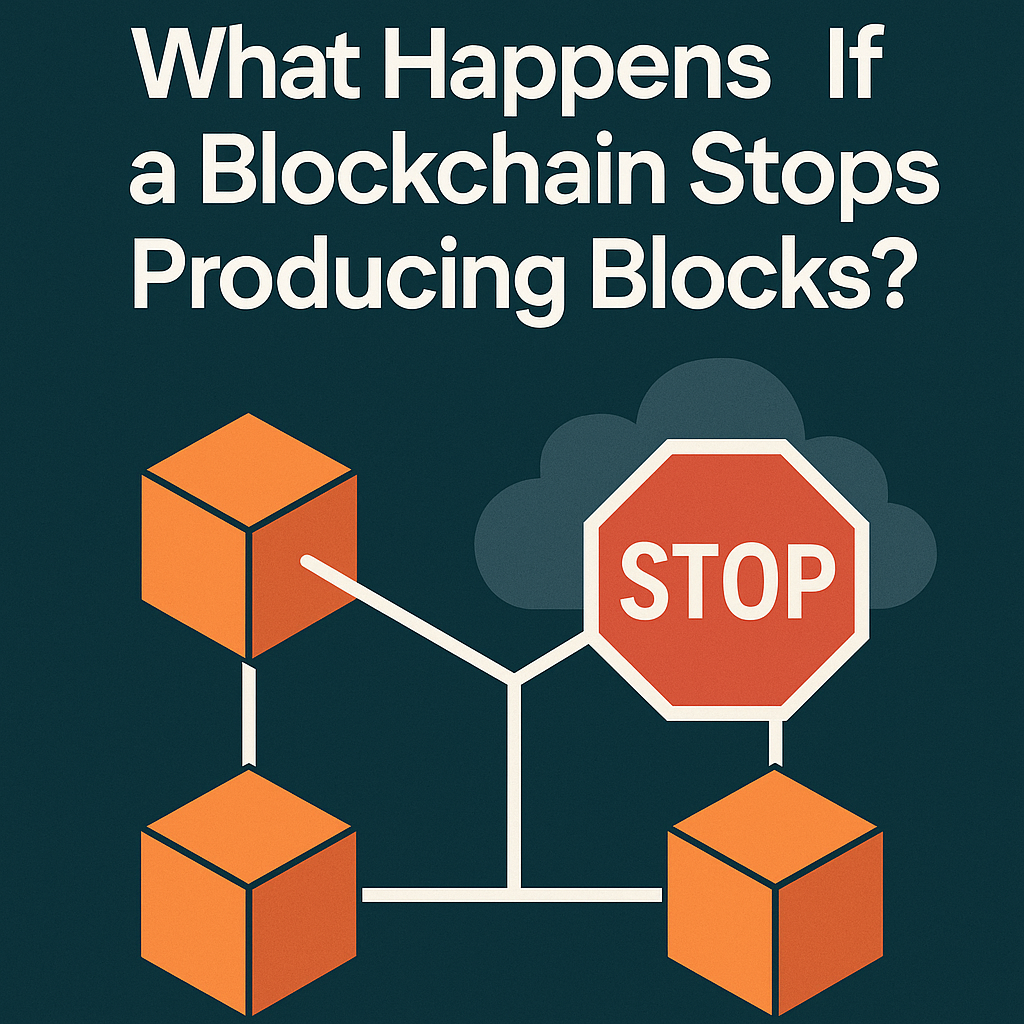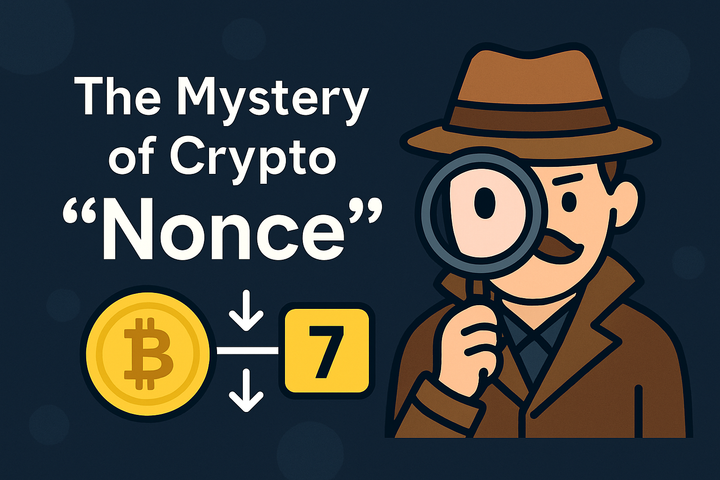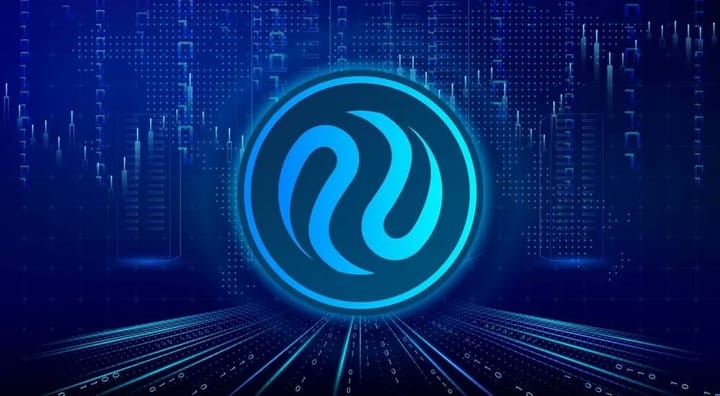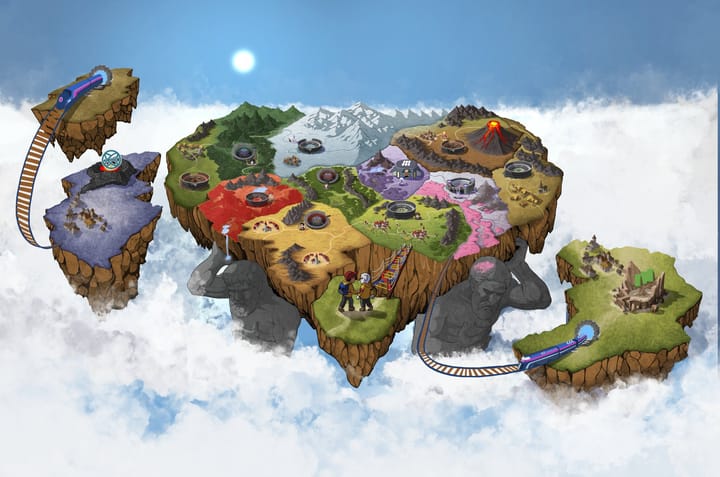What Happens If a Blockchain Stops Producing Blocks?

Think of a blockchain like a heart.
Every block is a heartbeat — confirming transactions, adding data, and keeping the system alive.
If those beats stop, the chain halts.
No new transactions. No updates. The system freezes in time.
How a Block Halt Happens
A blockchain can stop producing blocks for several reasons:
1. Validator Failures
Validators (or miners) take turns adding blocks. If too many go offline (due to bugs, downtime, or attacks), the chain can’t reach consensus.
2. Software Bugs
An update or code change might break block production, especially if validators run different software versions.
3. Network Splits (Forks)
If the network disagrees on which block is “next,” it can stall until agreement is reached.
4. Spam or Attack Overload
In rare cases, huge transaction spam or denial-of-service attacks overwhelm the chain.
What It Feels Like When It Happens
For users:
- Transactions are stuck as “Pending” forever
- Wallet balances don’t update
- dApps relying on the chain freeze up
For developers:
- Panic mode: scrambling to diagnose logs
- Coordinating with node operators to push fixes
- Sometimes rolling back to a previous stable state
How Recovery Works
- Identify the Issue
– Is it software? Validator downtime? Consensus disagreement? - Coordinate a Fix
– Dev teams release a patch
– Validators upgrade and restart - Restart Block Production
– The chain picks up from the last valid block
– Pending transactions may need to be re-submitted - Post-Mortem
– Public explanation of the cause
– Steps to prevent it happening again
Examples from the Real World
- Solana has experienced several halts due to network congestion and validator bugs.
- Cosmos-based chains have paused block production when validators couldn’t agree after upgrades.
- Ethereum in its early days had brief halts during software mismatches.
Conclusion: Why It Matters
A blockchain halt is like the internet going out for your bank — nothing moves until it’s fixed.
It’s rare, but it shows why:
- Validator diversity matters (no single point of failure)
- Testing updates is critical
- Good coordination between devs and validators keeps chains healthy
Next time your transaction is stuck, it might not be you — the chain’s heart may have skipped a beat.
For More Info related to Mitosis please follow official links below
Mitosis Website : https://mitosis.org/
Mitosis Expedition : https://expedition.mitosis.org/
Mitosis Docs : https://docs.mitosis.org



Comments ()